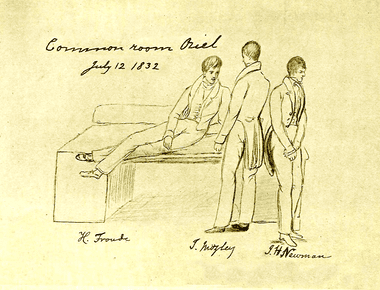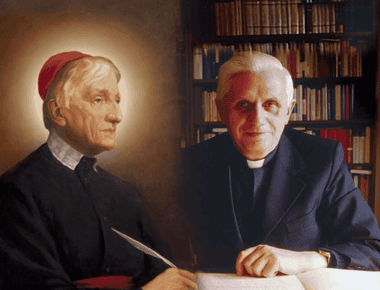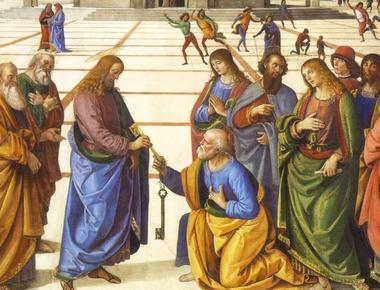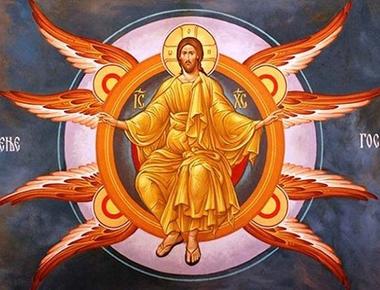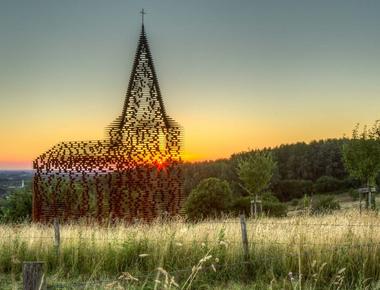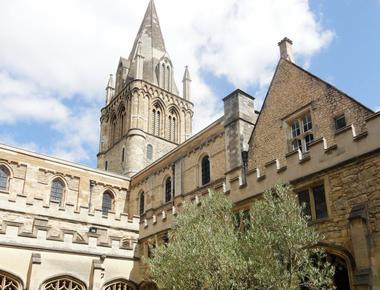
Two hundred years ago, on 13 June 1824, the young Fellow of Oriel College, Oxford, who today the Church celebrates as a saint, made his way down the High and St. Aldate’s with his surplice and his MA hood, to be made a deacon of the Church of England in Christ Church Cathedral, the former medieval nunnery and shrine to St. Frideswide until Thomas Wolsey chose it to become Cardinal College in 1525.


